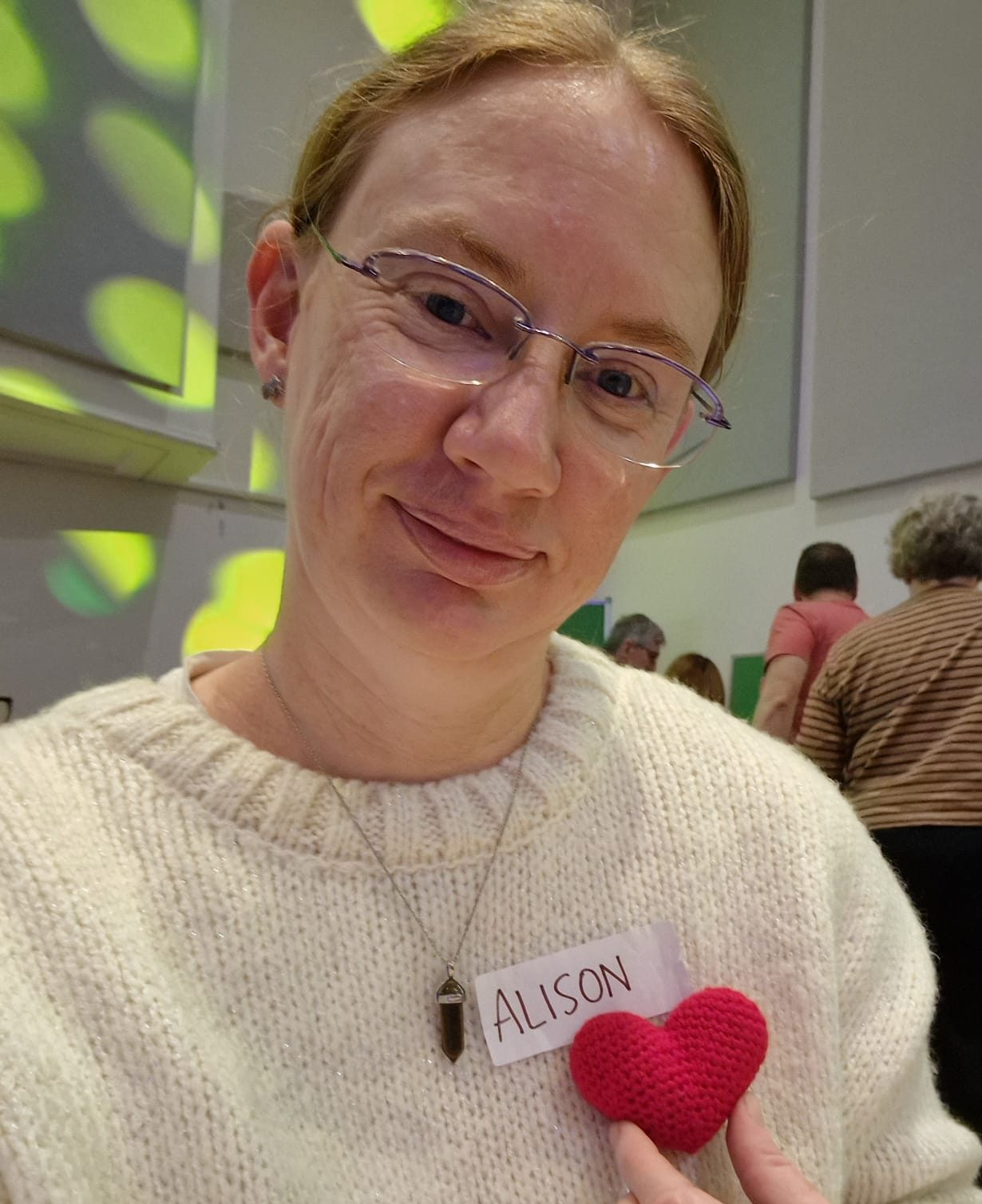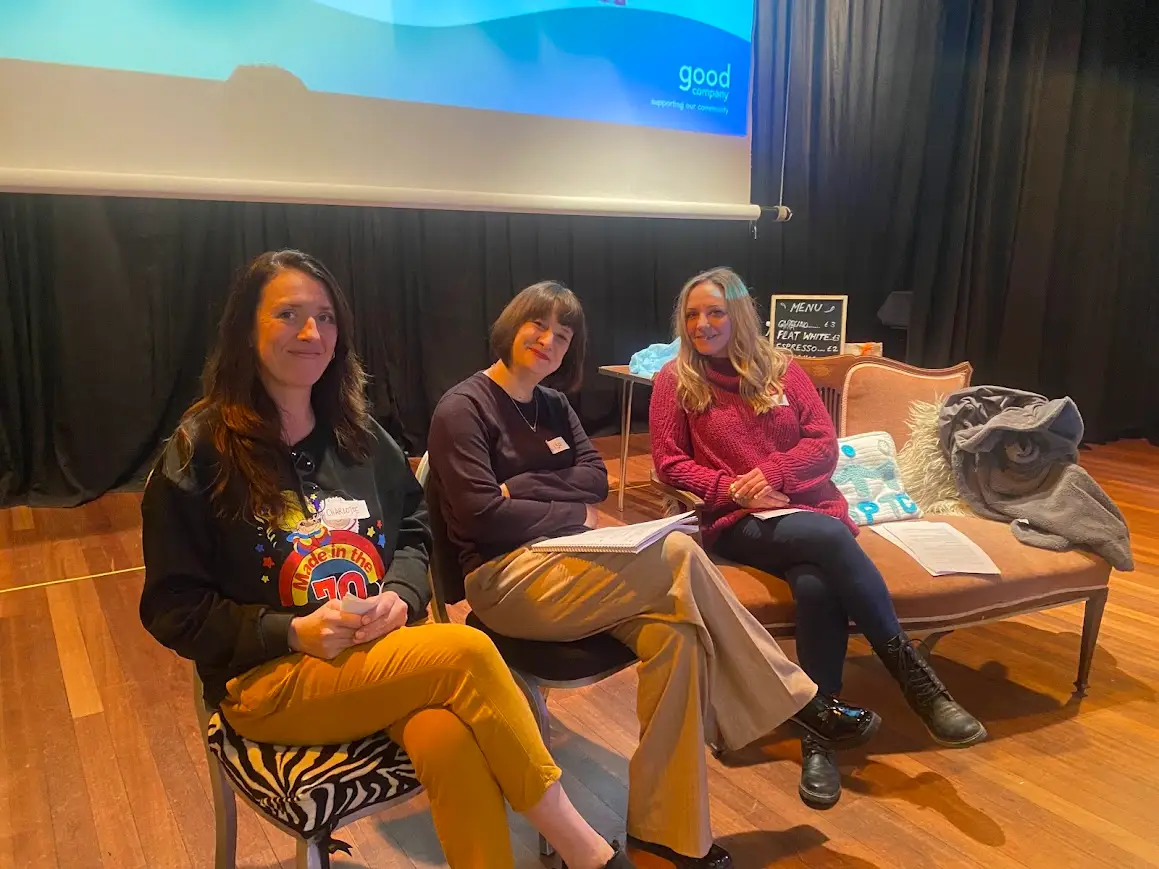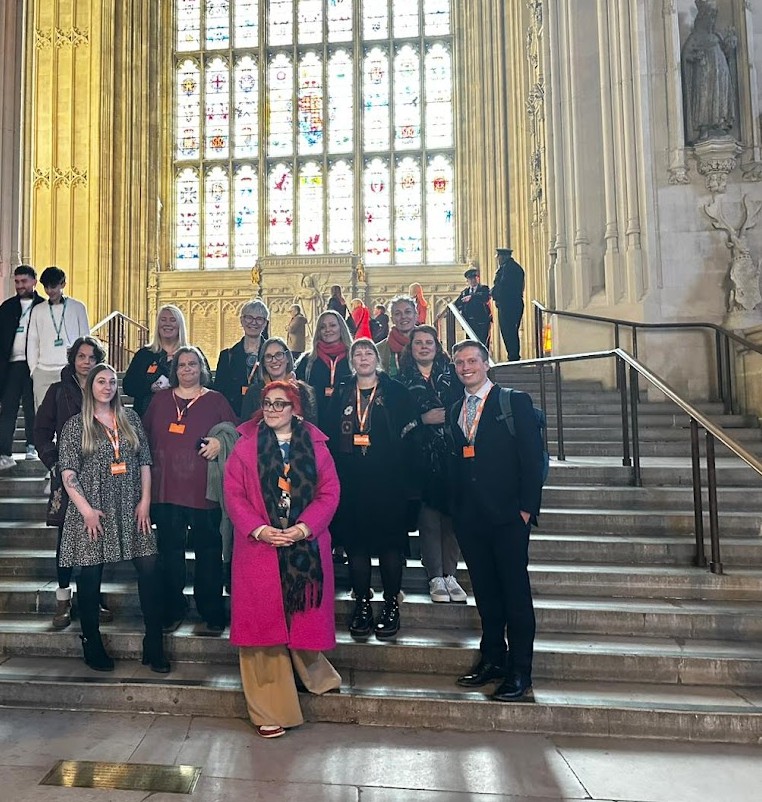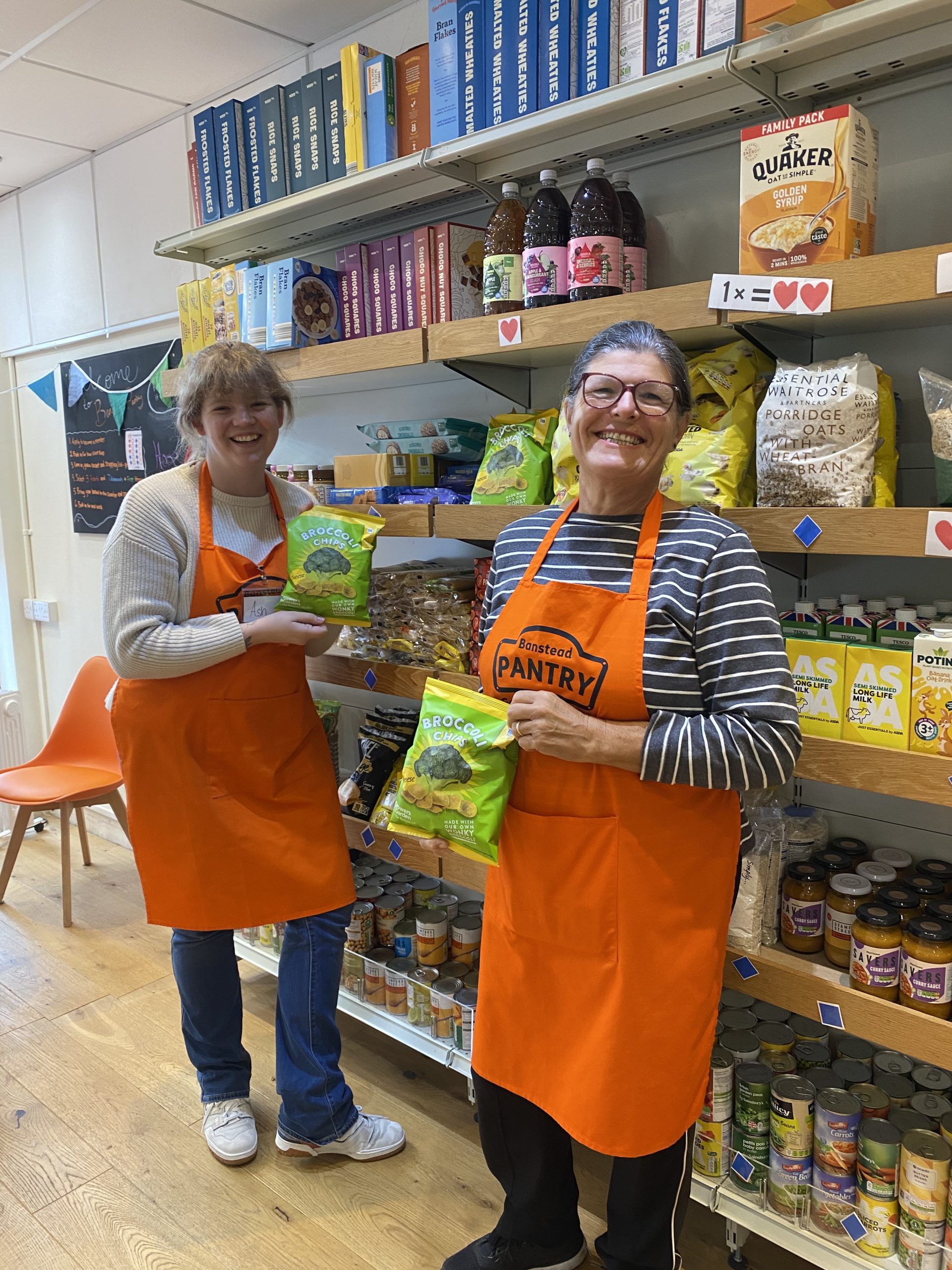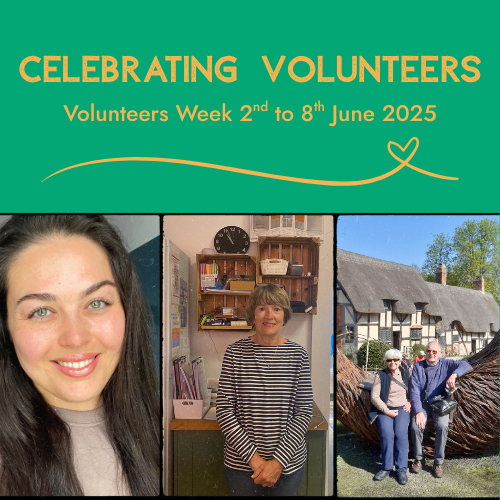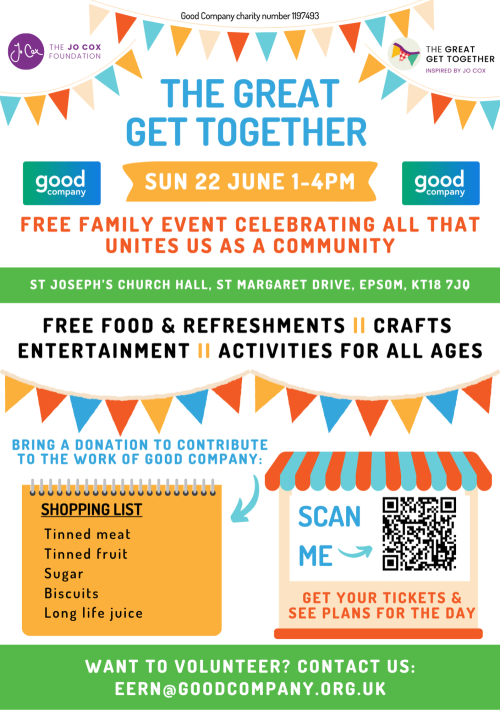My counselling journey began 30 years ago when I received counselling as I was struggling with my mental health, around that time, I was also introduced to the Christian faith. Five years later I started my first counselling course at Nescot college. I continued studying and finally qualified at Spurgeon’s College after 8 years. It was a very slow process as I was a single mum with 2 young children and a full-time job. In 2017 I became fully self-employed as a counsellor.
My food bank journey began 11 years ago when Epsom & Ewell Foodbank was first set up. I was one of the regular session volunteers at Epsom. I was meeting the clients, talking with them, and giving out food parcels. While chatting with them I recognised a need for mental health support. Some of the people who visit a food bank have tried NHS services but were not feeling better and others struggled to access services as they have more than one diagnosis, and gave up trying to get their needs met after months on different waiting lists.
I now offer counselling sessions to those food bank clients in need, once they have met with one of the foodbank support workers and been referred to me. We set this service up five years ago, and we rely on financial donations and grant awards to be able to offer this.
I try to connect with those referred to me as quickly as possible as they need the help now. The ultimate aim of the Foodbank is to end poverty in our communities, and having good enough mental health to manage daily life contributes to this possibility.
I meet five clients per week and the number of sessions they receive varies according to how well they respond to counselling and how much they have suffered in their past and their situation now.
I work with my counselling clients to initially establish a good therapeutic relationship by listening, caring, demonstrating understanding and kindness to establish the trust needed for them to share their distress, traumatic events, and life history. I then often move on to giving them some understanding of why they may be thinking and feeling the way they do, along with how their beliefs about themselves and other people were created. This is called psycho education. Finally, I offer interventions for them to try to relieve symptoms and resolve past traumas. This could come in the form of YouTube videos, books I recommend, or different activities such as walking in nature, all of which can be carried out in between their counselling sessions.
I feel very blessed to work alongside the food bank and appreciate the support I receive working holistically as a team with the support workers to help clients get back on their feet.
This blog was written by Gillian Nichols [ Registered Counsellor Member, Accredited Counsellor ]

